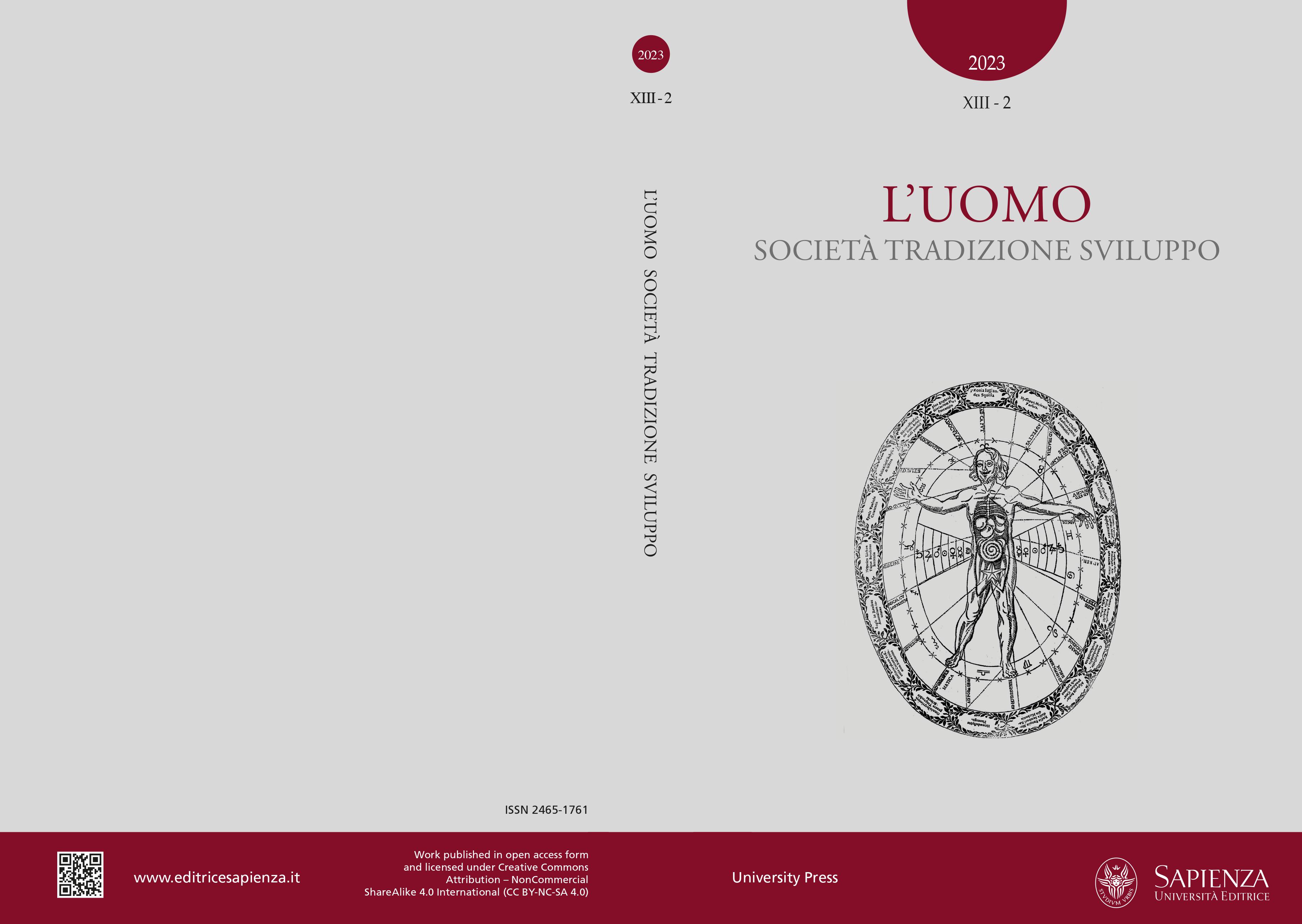Informality between states that do not officially speak: Turkish trucks entering Armenia
Parole chiave:
Armenia, informality, embargo, Turkey, conflict and securityAbstract
In many Middle-eastern and former Soviet spaces, informal trade is a common way to avoid blockade-related restrictions. However, the institutionalization and diversification of trade can create a space where formally conflicting actors can carry out informal trade. Responding to the emergence of a new market economy and to the First Nagorno-Karabakh War, informal economic relations became a marker of social change in post-Soviet Armenia. Turkey has since then prevented the passage of aid destined to Armenia to cross over its borders. Armenia’s eastern and western borders are closed. Thus, the country is left with two trading routes, via Georgia and Iran. However, informal Armenian Turkish trade relations persisted as of the early 1990s. Yet, the blockade does not allow Armenian exports to Turkey via legal routes. Meanwhile, Turkey’s exports to Armenia, albeit facing the Turkish government’s legal obstructions, are possible in practice. Indeed, many vehicles bearing Turkish number plates carry goods to Armenia over Georgia every year. With such a scenario as its backdrop, this empirical paper aims to explore the following question: How do informal practices become a tool of relations between the two states, able even to resist conflictual events?


